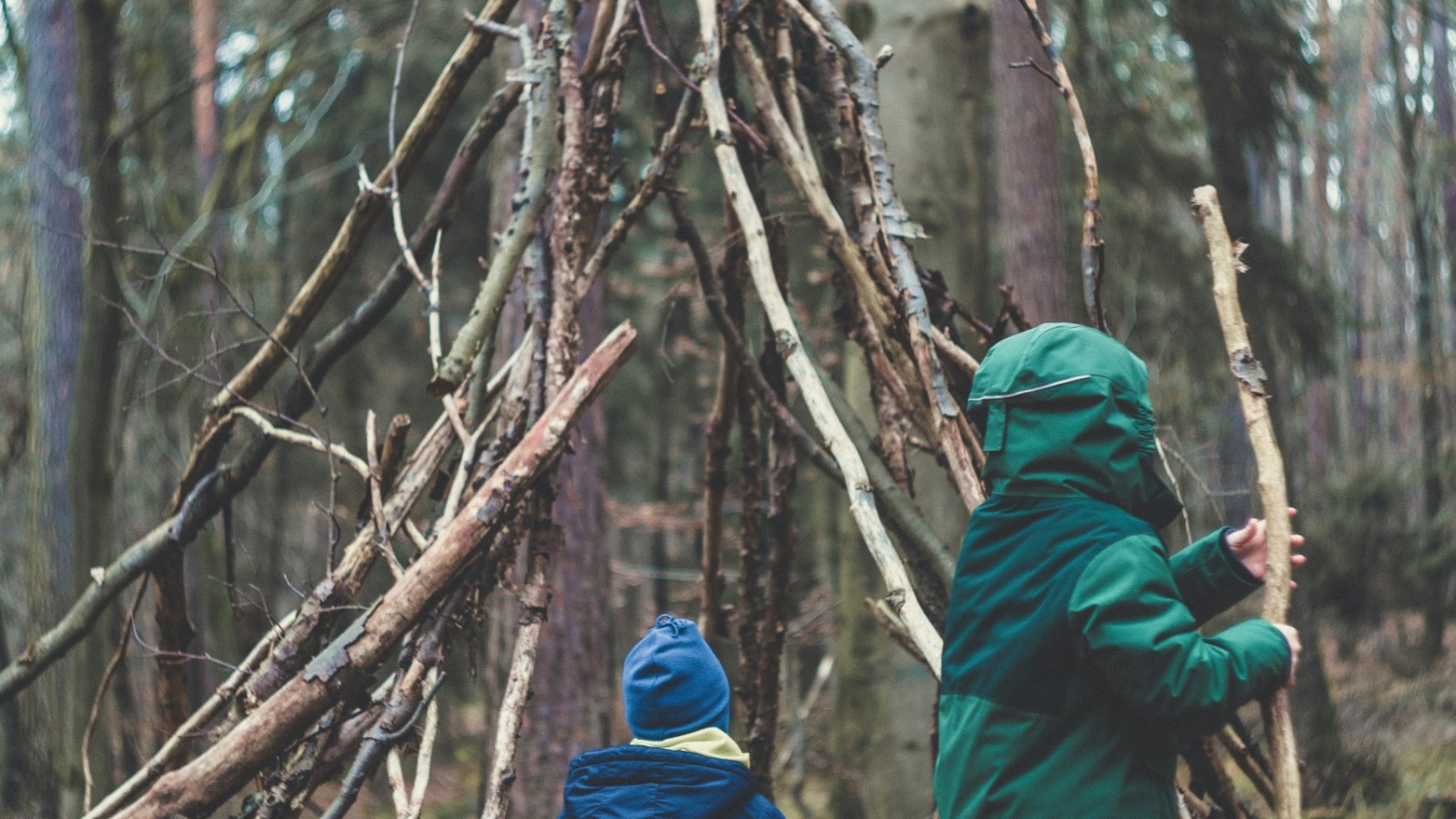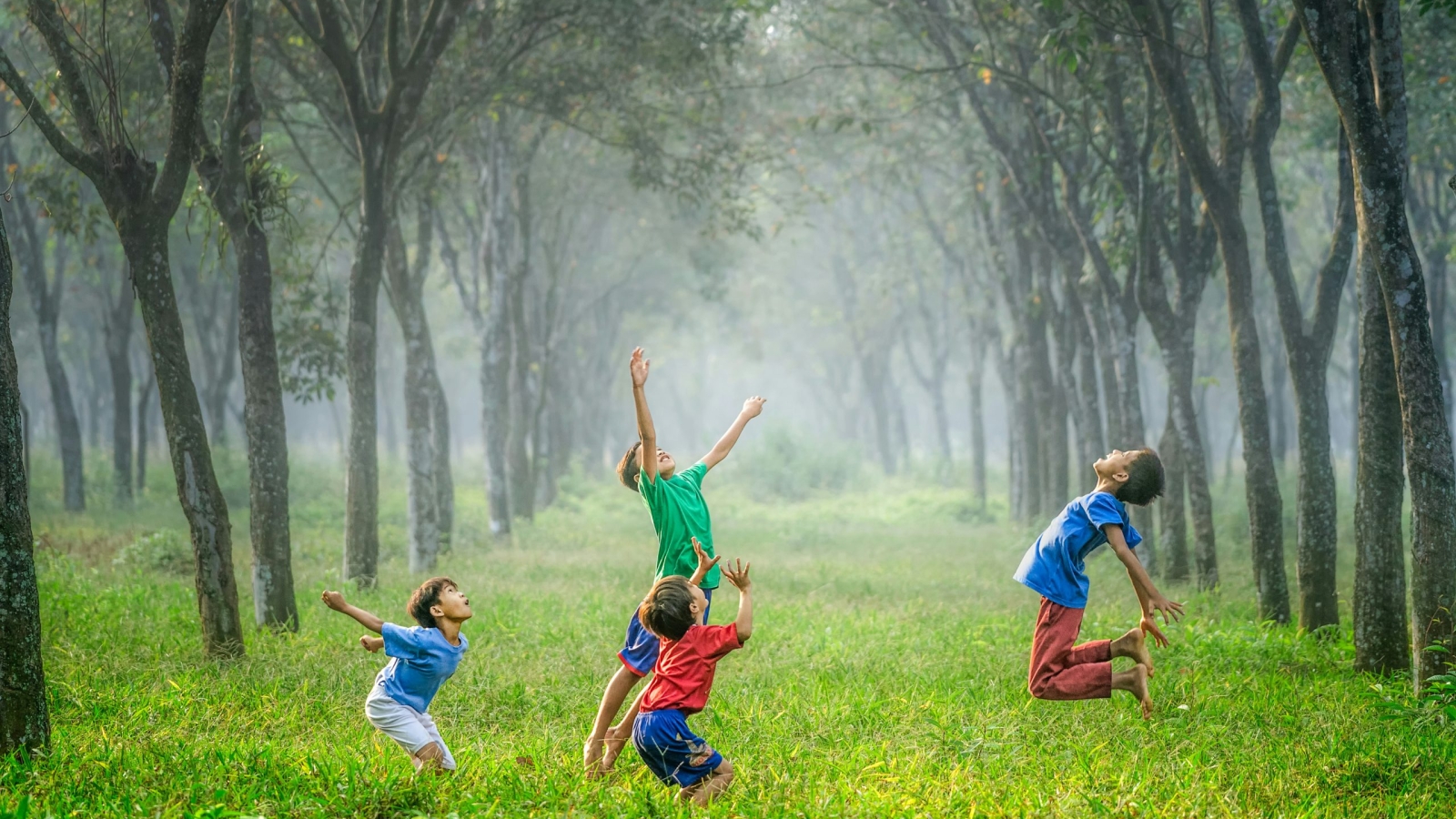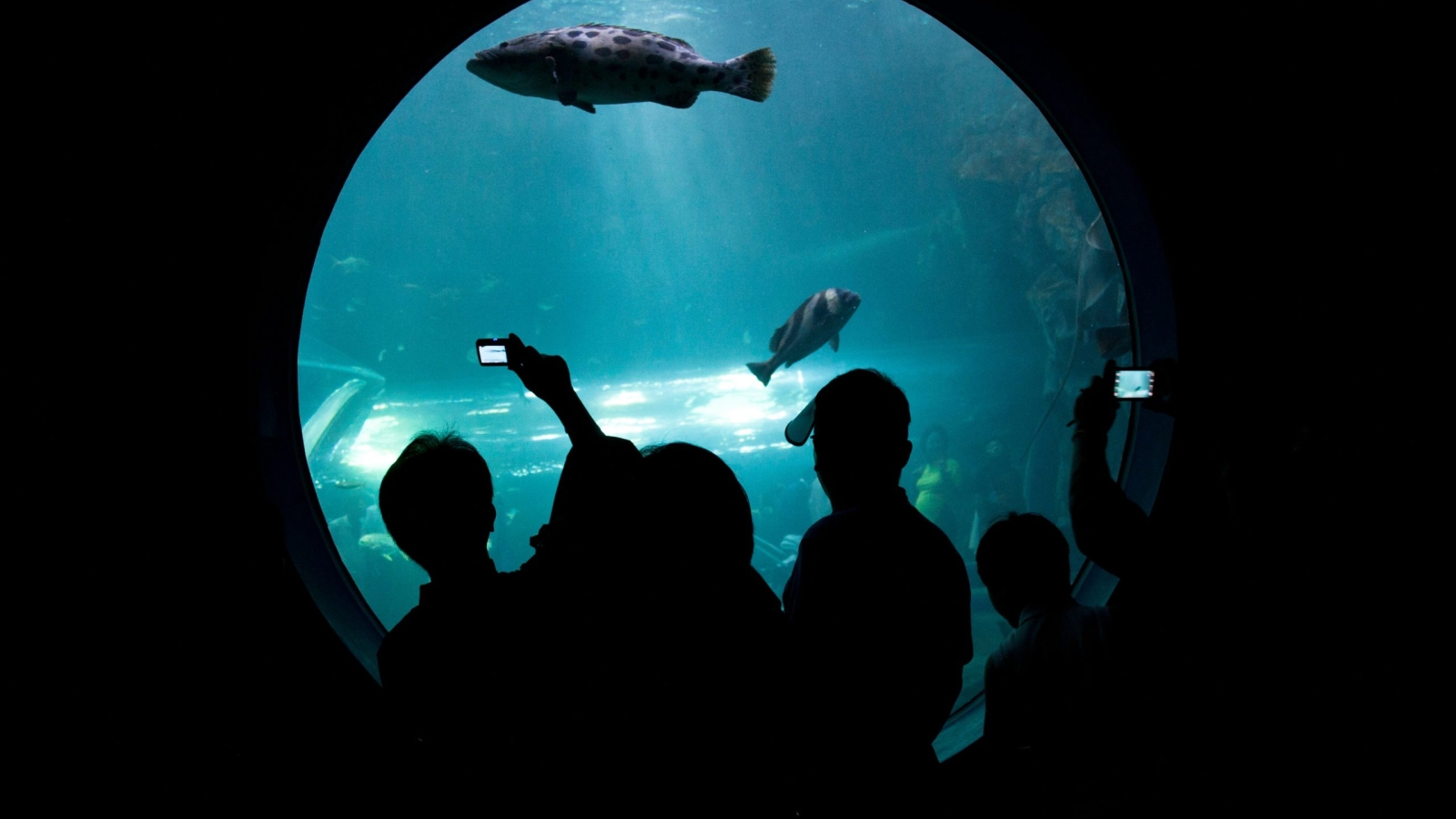Field trips are an exciting way to break out of the classroom routine and inspire students with hands-on learning. For middle and high school students, the right field trip can deepen subject knowledge, spark creativity, and build lifelong memories. By tailoring excursions to their interests and developmental stage, these outings can become powerful learning experiences that leave a lasting impression.
Here, we’ll explore creative field trip ideas for older students that go beyond the usual destinations, engaging their curiosity and broadening their horizons.
Why Field Trips Matter for Teens
As students grow older, they seek more autonomy and experiences that feel relevant to their lives. Field trips for middle and high school students should challenge their critical thinking, foster creativity, and provide exposure to real-world applications of their studies.
These trips can also:
- Promote Collaboration: Many field trips include group projects or tasks, encouraging teamwork and communication skills.
- Expose Students to Careers: Visits to workplaces or industry-specific sites give students a glimpse of potential career paths.
- Inspire Creative Thinking: Interactive and experiential learning environments push students to think outside the box and apply their knowledge in innovative ways.
Creative Field Trip Ideas for Older Students
- Tech Hubs and Startup Incubators
- Why It Works: Technology hubs and incubators showcase the latest innovations and demonstrate how creative ideas can turn into real-world solutions.
- What to Expect: Students can meet entrepreneurs, observe coding or prototyping sessions, and learn about emerging technologies like AI or renewable energy.
- Outdoor Adventure Centers
- Why It Works: Adventure centers offer experiential learning opportunities in leadership, problem-solving, and teamwork.
- What to Expect: Activities like rock climbing, zip-lining, or rope courses build resilience, trust, and communication skills while incorporating physical fitness.
- Film Studios or Performing Arts Theaters
- Why It Works: Visiting creative production spaces provides insight into the arts, media, and entertainment industries.
- What to Expect: Students can watch a live performance, tour backstage, or participate in a workshop on scriptwriting, acting, or stage design.
- Art Galleries and Creative Workshops
- Why It Works: Immersing students in the arts fosters imagination and self-expression.
- What to Expect: Students can tour galleries to learn about art history or join workshops where they try their hand at painting, pottery, or digital design.
- Culinary Schools or Local Farms
- Why It Works: Food-related trips combine science, culture, and sustainability, appealing to diverse interests.
- What to Expect: Students might learn about farm-to-table practices, tour organic farms, or participate in cooking classes that blend creativity with practical skills.
- Science Research Facilities
- Why It Works: For students passionate about STEM, research labs and observatories offer real-world insight into scientific exploration.
- What to Expect: Students can meet researchers, view experiments, or tour state-of-the-art equipment like particle accelerators or telescopes.
- Cultural Festivals or Community Events
- Why It Works: Community events bring culture, diversity, and local traditions to life in a dynamic way.
- What to Expect: Students can attend festivals, parades, or fairs and learn about cultural heritage through food, performances, and exhibits.
Tips for Planning Successful Field Trips
- Align with Curriculum: Choose destinations that tie directly to subjects like science, arts, or history for a seamless educational experience.
- Involve Students in Planning: Ask for their input on destinations or activities to boost engagement.
- Prepare Pre- and Post-Activities: Help students get the most out of their trip with preparation tasks beforehand and reflection projects afterward.
Conclusion
Middle and high school students thrive when they are exposed to stimulating, real-world experiences. By planning creative field trips, educators can inspire their curiosity, creativity, and ambition, equipping them with the skills and perspectives they need to navigate the world.
So, take the opportunity to think outside the box and transform your next field trip into an unforgettable adventure!










